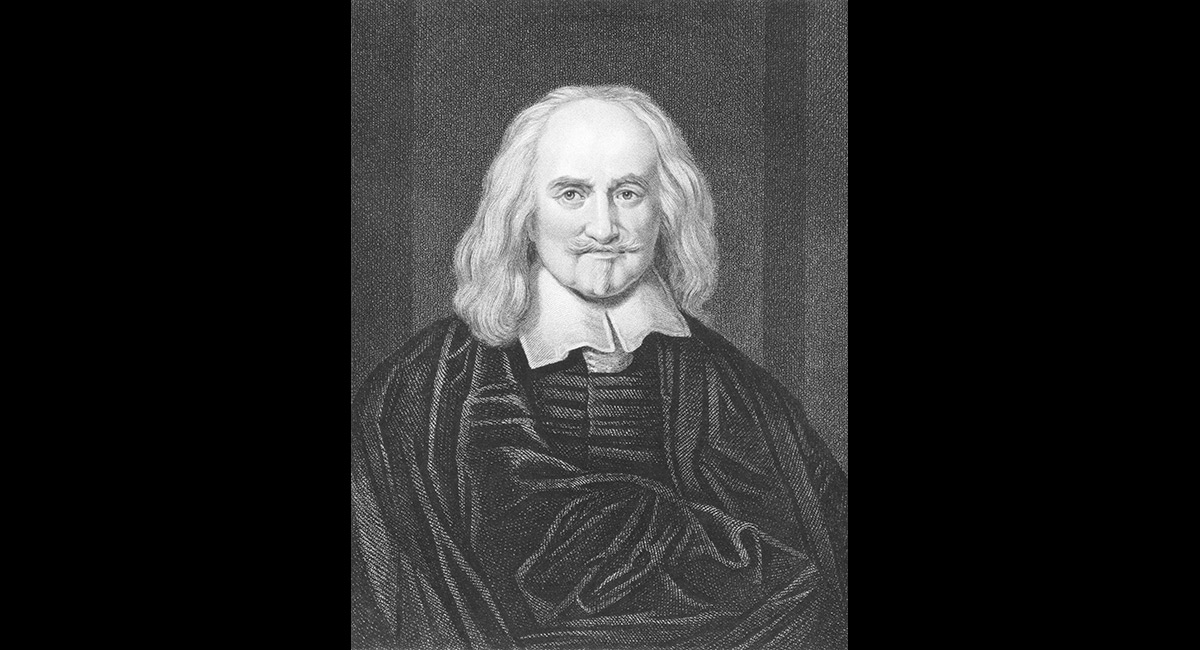Thomas Hobbes had it right, kind of: for our ancestors, life was solitary, poor, nasty, brutish, and short. But then something changed, and incidentally, it changed right around the time Thomas Hobbes was writing: we changed how we write, paint, and talk about the townsmanly bourgeois life. The change teaches us a valuable lesson about how to grapple with Covid-19 and governments’ responses to it.
According to the economic historian Deirdre McCloskey, this change in our Rhetoric led to a Great EnRichment that began in England, spread across Europe and its overseas extensions, and has now taken root in China, India, and elsewhere. By valuing innovation and by esteeming the search for a Good Deal, we let loose heretofore unknown productive forces previously slumbering in the lap of social labor.
The rhetorical change, as we discuss in our new book Leave Me Alone and I’ll Make You Rich: How the Bourgeois Deal Enriched the World (you can order it from Amazon), changed things radically—so radically that a much larger population became an unalloyed, income-increasing blessing. The population expanded rapidly, but our ability to produce expanded even more rapidly—so much so that we have far more people enjoying far higher standards of living than our ancestors.
How did we get here? The historian Niall Ferguson argues that there are “killer apps” for prosperity: competition, science, property rights, modern medicine, consumer culture, and a strong work ethic. Some of these are necessary, but they aren’t sufficient. Take just the case of competition. People have been buying and selling in pretty competitive markets for a very, very long time, and European political fragmentation (and the competition that comes with it) was nothing new in the eighteenth century.
Property rights and competition were kindling, and probably kindling without which the Great Enrichment wouldn’t have happened. They did not in themselves start the fire, though. The fire didn’t really get burning until Europeans developed what the economic historian Joel Mokyr called A Culture of Growth and, as McCloskey argued, began to esteem (or at least tolerate) buying low, selling high, and innovating. People came to believe, as Mokyr points out, in the possibility of progress as well as the desirability of progress. There developed a pan-European Republic of Letters made robust by a common language (Latin among the elites and intellectuals) and (wait for it) political competition that made it hard to stamp out innovation, formerly what was roughly a synonym for heresy.
Four Rs made the Great Revaluation: Reading material streaming out of hard-to-censor presses across Europe, Reformation of ideas about the relationship between God and man (and man and man), and Revolt and Revolution against entrenched interests and aristocracies. This set innovation ripping and roaring, and the western world got rich.
It hasn’t all been wine and roses. Debates about transportation regulation provide a useful and important illustration. Right now, people are at work trying to squelch ride-sharing firms Uber and Lyft. There will no doubt be efforts to regulate self-driving cars out of existence. In the early twentieth century, American cities stamped out jitneys, which were basically private taxis, at the behest of streetcar companies. It’s a mistake we repeat at our peril.
By and large, adopting a Bourgeois Deal that leaves people alone and lets them innovate has made us rich. It’s why a child born in 2020, even in the midst of a global pandemic, can expect to live a life that is anything but solitary, poor, nasty, brutish, and short. She can expect even greater things for her children and her children’s children. That is if we keep our ethical wits about us and don’t renege on the Bourgeois Deal.









